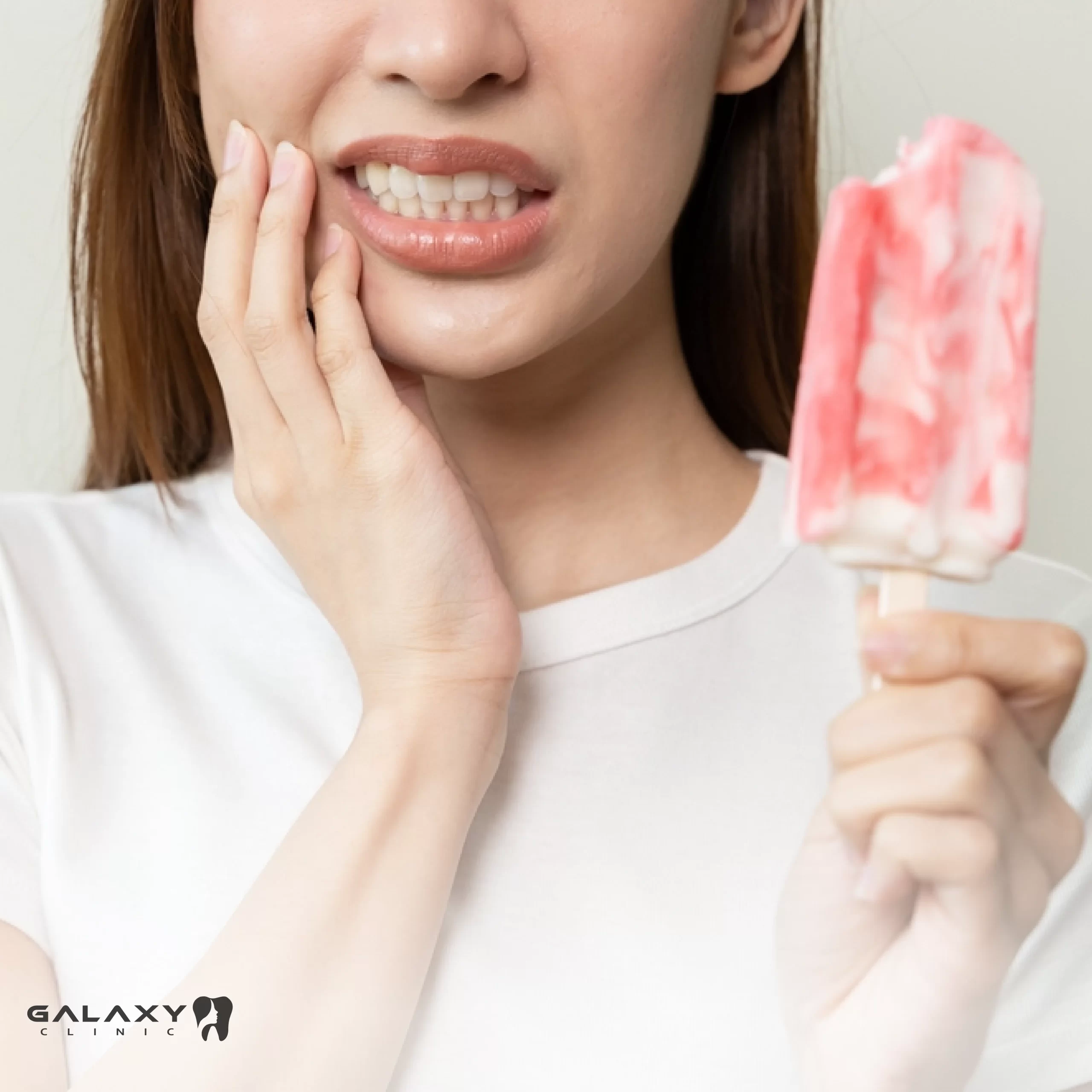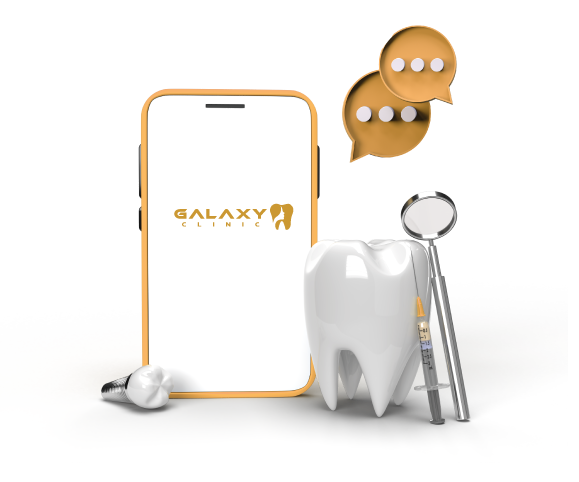If you feel a quick, sharp, painful feeling in your teeth when you bite into an ice cream, sip an iced drink, or drink a spoon of boiling soup, you probably have teeth sensitivity.
Teeth sensitivity is an extreme reaction to stimuli such as hot, cold, sweet, or acidic meals and beverages, cold air exposure, and even cleaning your teeth, depending on the cause of your sensitivity.
How does teeth sensitivity happen?

Your enamel and dentin are the first two layers that make up your teeth.
Enamel is the outermost covering of your teeth that protects the rest of them. It is the toughest substance in the human body, yet it can erode or become too porous, exposing dentin if not properly cared for. While enamel cannot be regrown or repaired, it may be maintained.
Dentin is the delicate coating of your teeth that protects and cushions your pulp. It is also the layer of your teeth that tells you when something is too hot or cold since it is made up of tiny tubes.
What are the causes of tooth sensitivity?
Many factors can cause tooth sensitivity, including certain habits and actions, or certain disorders, or tooth diseases. Here are some:
1- Brushing teeth hard:
Brushing your teeth vigorously or using a hard toothbrush can wear down your enamel and cause gum recession over time.
You may have sensitivity if you do not have a healthy coating of enamel and gums to protect the dentin and nerves of your teeth.
2- Teeth grinding:
Enamel slowly wears down if it’s exposed to regular grinding, which will expose the dentin, thus, causing sensitivity.
3- Regular eating or drinking of acidic foods :
Too much acidic food eating or drinking without adequate dental care can erode your enamel and weaken your gum line over time, exposing your dentin to an acidic environment, which causes sensitivity.
4- Dental disorders; (decay, cavities, broken tooth)
Bacteria erode tooth enamel over time.; exposing the nerves of your dentin and can even migrate into the pulp, causing tooth decay and sensitivity and pain. Cracked and broken teeth can expose your dentin or even your pulp, causing pain and discomfort.
5- Eating disorders (Bulimia):
Self-induced vomiting exposes your teeth to acid on a regular basis, causing enamel damage. Dry mouth produces a breeding habitat for germs, leading to more dental issues and damage, including sensitivity.
6- Over whitening your teeth:
Teeth sensitivity is a potential side effect of teeth whitening that is usually produced by the bleaching solution used to whiten the teeth. This solution can dissolve minerals in the enamel, causing the teeth to become porous and expose tiny tubules within the tooth.
Your enamel is the first protection for your teeth, protecting them from hostile surroundings such as acids and germs.
It is essential to see your dentist when teeth sensitivity persists, as enamel erosion is irreversible and should be addressed immediately in order to maintain oral health and preserve teeth.
For more information, read 7 Ways To Minimize Causes Of Teeth Sensitivity from Galaxy Clinic’s blogs.


